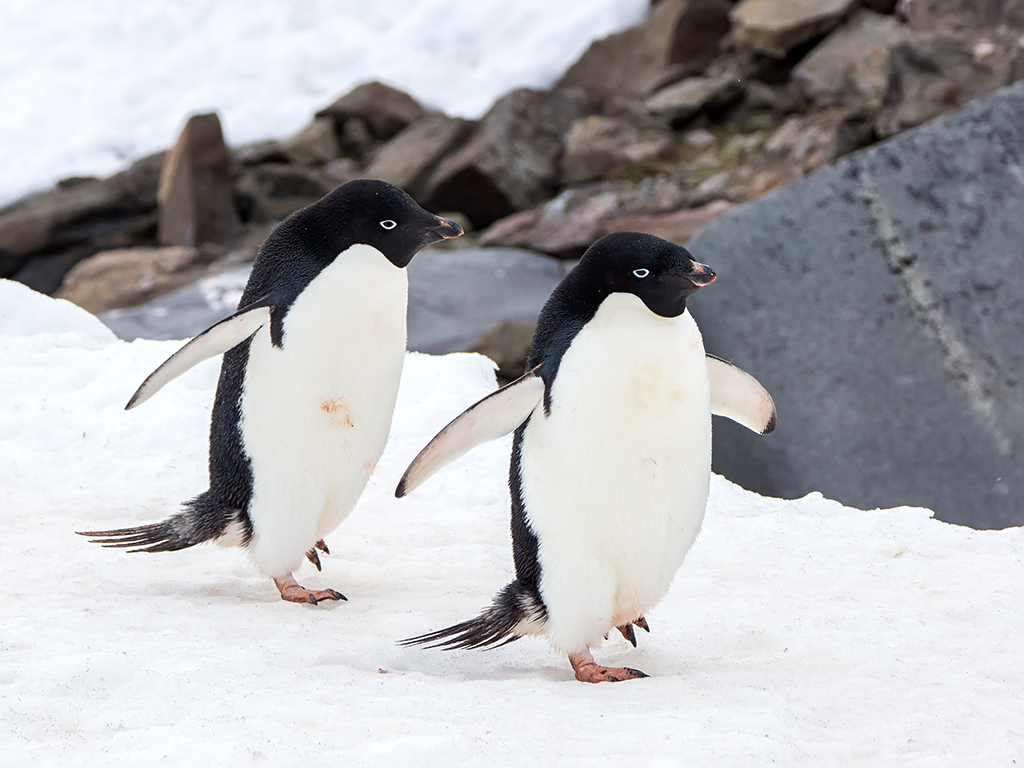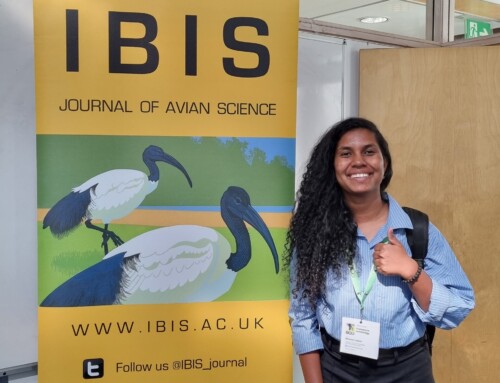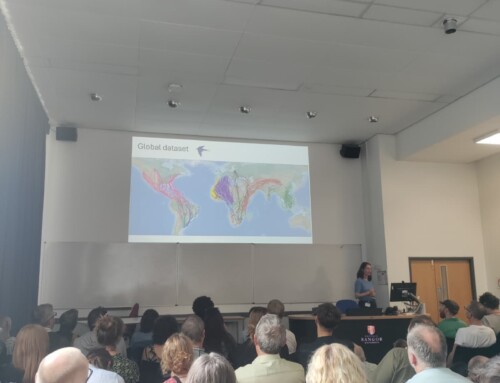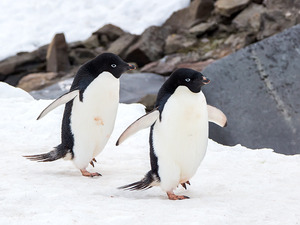
Report from a BOU-funded project
In the growing field of eco-immunology there is a lot of interest in measuring immune function in wild birds. It is crucial to take accurate measurements and avoid confounding effects but this can be a challenge under field conditions. Many physiological parameters, including immune function, can be impacted by handling stress which represents an important potential methodological issue. When an immune response is activated, it often requires trade-offs between different components of life-history, and stress and immunity parameters are linked through complex interactions, with the stress responses often modulating some form of immunity.
For this reason, the general consensus in avian field studies is that if you’re interested in taking blood samples to examine immune function, samples should be taken within three minutes of capture to limit the effects of stress on the samples. However, some studies have provided equivocal results on this issue and very few have focused on long-lived species, which may have different stress-immune trade-offs compared to short-lived species.
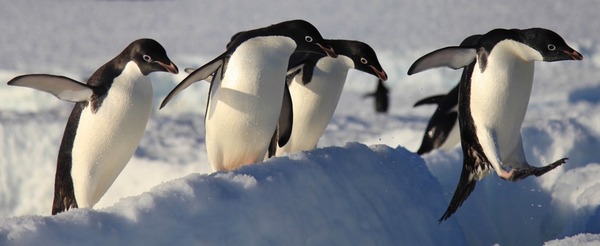
Figure 1 Adélie Penguins (Pygoscelis adeliae) returning from foraging at sea.
We wanted to understand how handling time affects three commonly used immune markers in Adélie Penguins (Pygoscelis adeliae). In 2018-19 we captured 58 adults (24 females and 34 males) in a breeding colony at Dumont d’Urville station, Terre Adélie, East Antarctica. We took advantage of a blood sample protocol required for a doubly labelled water experiment that meant we needed to take two blood samples, one taken within three minutes after capture and a second one taken after a calibration period in which the animals must be held in captivity from 1.5 to up to 2.7 hours.
We used assays that are commonly used in many ecological and evolutionary studies that assess innate immune function in wild animals. The haemolysis and haemagglutination assay which quantifies natural antibody titers (measured as agglutination titer) and complement activity (i.e., pathogen destruction measured as lysis titer). We also measured haptoglobin concentration, an acute phase protein and which often signifies the onset of a non-specific immune response.
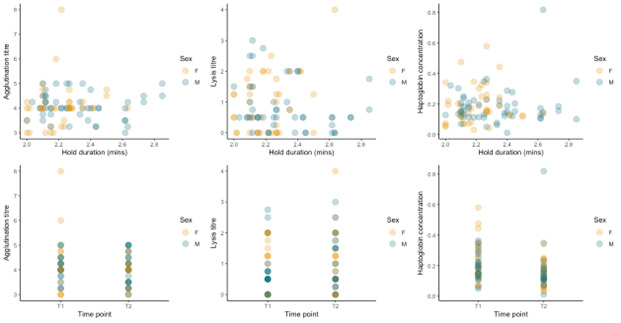
Figure 2 Relationship between hold duration and time point with respect to three immune function markers, agglutination titer, lysis titer and haptoglobin concentration, in Adélie Penguins. Data points represent individuals and intensity of data points indicate overlapping datapoints. Neither hold duration or blood sample time point were included in the best supported models of any of the immune markers.
We found no evidence for changes in any of the measures of innate immune function in relation to holding time, suggesting that immune function in this species is more robust against handling than in other species. This opens up exciting possibilities for measuring immune function in species with similar life-histories even if samples cannot be taken directly after capture.
It is important to reduce human presence and handling as much as possible when working with wild birds, to minimise stress imposed on the study animals. However, in terms of the methodological insight for future studies, our results indicate that Adélie Penguins show a limited impact of handling on three baseline immunity measures.
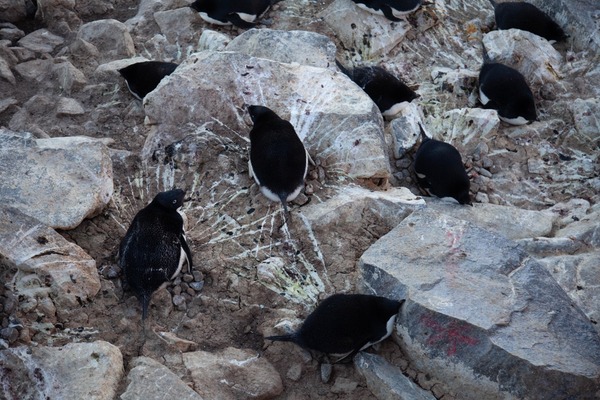
Figure 3 Adult Adélie Penguins (Pygoscelis adeliae) incubating their nests.
There are very few studies of this kind in long lived species such as seabirds, this opens up many possibilities to measure immune function in penguins even when samples cannot be taken within a few minutes of capture. Although birds should be sampled as soon as possible after capture to limit bias, studies of baseline immune function in species not easily sampled within a few minutes could still yield unbiased results. This means that samples previously deemed to be unviable for immunological studies may in fact be used for these three immune measures which could broaden the eco-immunological questions we can ask.
Funding
In 2021, Olivia was awarded an Ornithological Research grant of £1,527 for a project titled “The energetic trade- off between immunity and foraging complexity” when she was a Postdoctoral Research Fellow at the Centre d’Etudes Biolgiques de Chize, France.
Image credit
Top right: © David Cook CC BY NC 2.0 Flickr.
If you want to write about your research in #theBOUblog, then please see here.


